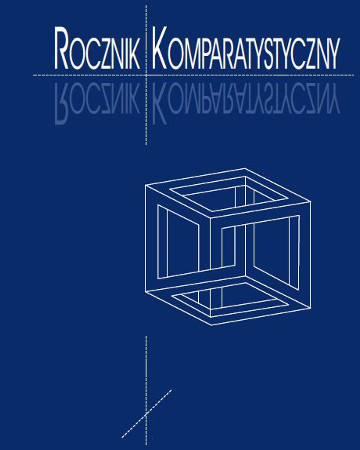





| Authors: |
Ewa
Rajewska
Uniwersytet im. Adama Mickiewicza w Poznaniu |
| Keywords: | comparative literature Eastern European the West America “barbarians ” Polish poetry Zbigniew Herbert Czesław Miłosz Stanisław Barańczak Miron Białoszewski Andrzej Sosnowski |
| Data publikacji całości: | 2013 |
| Page range: | 18 (57-74) |